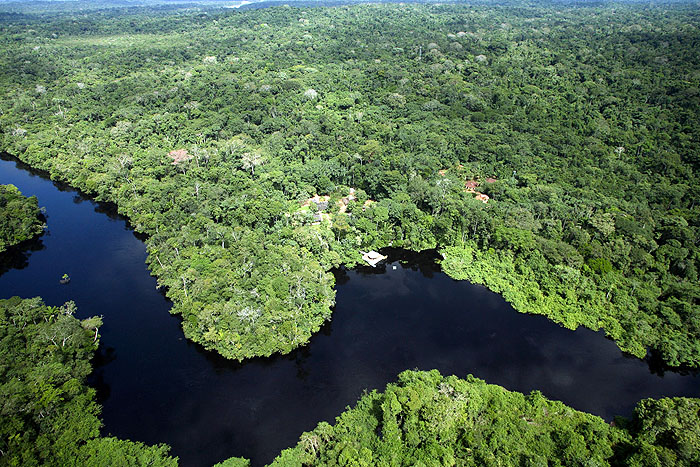During 2015 and 2016 there have been significant Zika virus (ZIKV) outbreaks in the tropics. Whilst first observed in the Americas (particularly northern Brazil), cases are also being reported in other parts of the globe, including Thailand and the Cape Verde islands.
ZIKV is transmitted by the female Aedes mosquito (as is the virus that causes dengue, yellow fever and chikungunya). It was first discovered in Africa. The symptoms of infection are usually mild and short-lived and severe disease is uncommon, however a possible link between exposure to ZIKV in pregnancy and microcephaly is being investigated, as is a possible link to Guillain-Barré syndrome (GBS).
GBS is a rare and potentially serious condition of the peripheral nervous system, which is treatable. There are around 1,200 cases every year in the UK, two thirds of whom have experienced some form of infection (bacterial or viral) before being diagnosed.
Microcephaly is a condition where a foetus has an abnormally small head, and is linked to incomplete brain development.
Brazil has confirmed a higher incidence of microcephaly than normal in certain areas where ZIKV infection has occurred (but not all). Other countries with high levels of ZIKV infection have yet to report a similar increase.
The Aedes mosquito is typically found in tropical and sub-tropical areas, and does not normally live at altitudes above 2,000m. If you are travelling to a potentially at-risk area you should consult a health professional. This is especially important for pregnant women who have been advised to reconsider travel to areas where Zika outbreaks are currently reported. Travellers are advised to take scrupulous precautions to prevent mosquito bites.
Much research still needs to be done and accurate figures are hard to come by. The press have been particularly alarmist, no doubt partly because of the upcoming Olympics in Brazil.
The UK Foreign Office (FCO) is not currently advising against travel to any Latin American countries as a result of the ZIKV outbreak, so travel insurance is unlikely to cover any costs should policyholders decide not to travel.
Further information:
- The FCO has details on symptoms and a list of affected countries: https://www.gov.uk/guidance/zika-virus
- FCO travel advice by country: https://www.gov.uk/foreign-travel-advice
- The National Travel Health Network and Centre website: http://travelhealthpro.org.uk/zika-virus-in-the-americas-update-and-advice-for-pregnant-women

